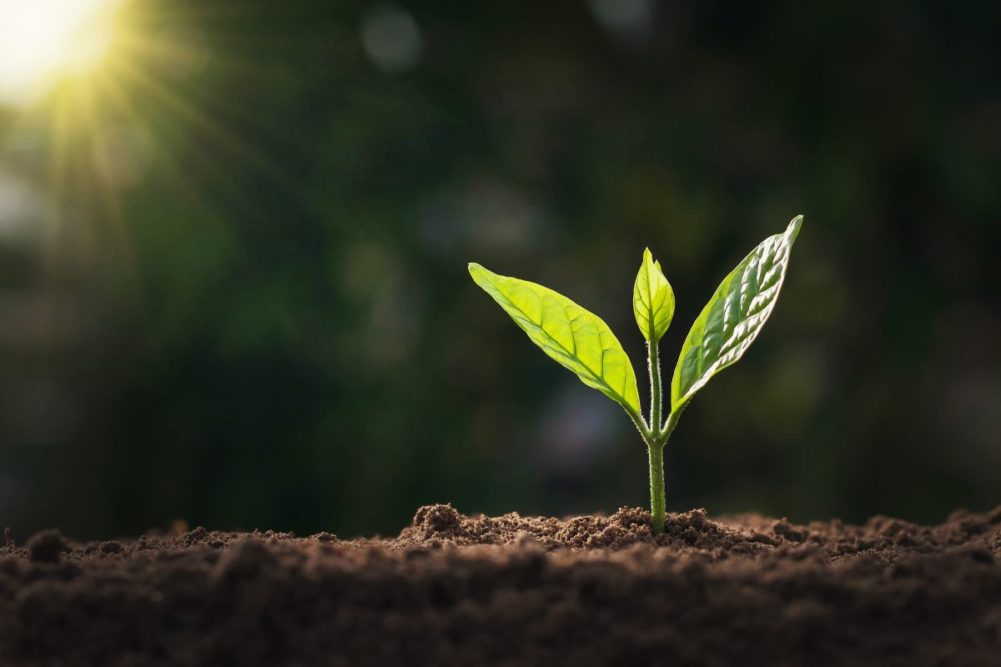BEIJING, CHINA — COFCO International has set new sustainability goals that reflect an increased ambition to address deforestation, climate and human rights, the company said in its recently published 2023 Sustainability Report that discloses its progress on the environmental, social and governance issues.
COFCO International is the overseas agriculture business platform for COFCO Corp., China’s largest food and agriculture company. COFCO International is focused on the global grains, oilseeds, sugar, coffee and cotton supply chains, with assets in 36 countries across the Americas, Europe and Asia-Pacific.
The company’s revised sustainability strategy reflects how it will address the material topics defined through its latest double materiality assessment, the most important of which are preventing deforestation and conversion, climate action and respecting human rights.
In 2023, COFCO strengthened its efforts to achieve deforestation-free soy supply chains by 2025 and conversion-free soy supply chains in sensitive regions of South America by 2030. It also has developed science-based climate targets to form the foundation for its new climate strategy and taken steps to reinforce human rights due diligence.
“As a major agricultural commodity trader, we have an opportunity to help transform the food system, empower people, protect the environment and improve farmer livelihoods through sustainable agriculture,” said David Dong, chief executive officer of COFCO International. “This work is central to our mission to feed the world responsibly and helps to promote global food security. This mission has never been more important, with food production increasingly vulnerable to extreme weather and water scarcity, and people worldwide struggling to achieve good nutrition.”
Elsewhere, the business has met the supply chain traceability and socio-environmental risk targets under its two sustainability-linked loans and received an industry-leading Sustainalytics ESG score.
It also remains involved in collaborative industry initiatives to address shared climate and deforestation challenges, including the Agriculture Sector Roadmap to 1.5°C and the Soft Commodities Forum.
As part of its contribution to the World Economic Forum’s Green Value Chain Taskforce, the company has forged the first agreement to supply deforestation-free soybeans from Brazil to China.
COFCO International’s 2023 Sustainability Report provides a summary of the company’s contribution toward specific targets of the United Nations 2030 Sustainable Development Goals, and explains how its sustainability efforts support the International Finance Corp.’s Environmental and Social Performance Standards.
2023 highlights include:
- Developed near-term, science-based greenhouse gas (GHG) emission reduction targets.
- Set time-bound goal for deforestation-free soy supply chains by 2025 and conversion-free soy-supply chains by 2030 in sensitive regions of Latin America.
- Full traceability to farm achieved for directly sourced soybeans in Brazil.
- 22% year-on-year reduction in water intensity of industrial operations, surpassing its 2025 target ahead of time.
- 82% of waste recycled, reused, composted or recovered, with over 13,400 m³ of demolition waste reused in the construction of the STS11 port terminal in Santos, Brazil.
- 42% of its total coffee exports were certified or verified as sustainable.
- 213,000 tonnes of soybeans sourced through the Social Fuel Stamp program supported around 45,000 smallholders’ access to market.
- 5,150 students engaged in its Guardians of Tomorrow program in Brazil, which was also expanded to Argentina.
- Zero fatalities and 51% reduction in the lost-time injury frequency rate for employees.
- ≤1.5 Safety Index target achieved for employees and contractors.
- 48% increase in employee learning hours, compared to 2022.
- 24% increase in employee learning time dedicated to business ethics and policies.
“I am committed to working closely with farmers, partners and customers to increase the demand for sustainable products around the world,” Dong said. “We must build on the progress we have made to ensure that a strong market for responsibly produced, deforestation-free commodities helps to drive further action on the ground, as we strive to take our ambitions to the next level.”






